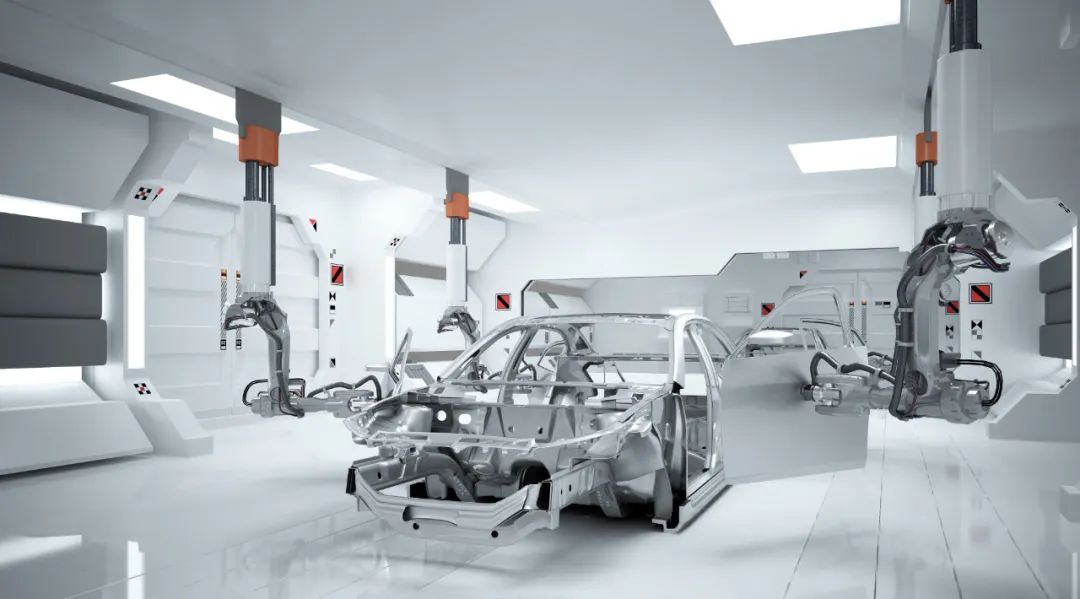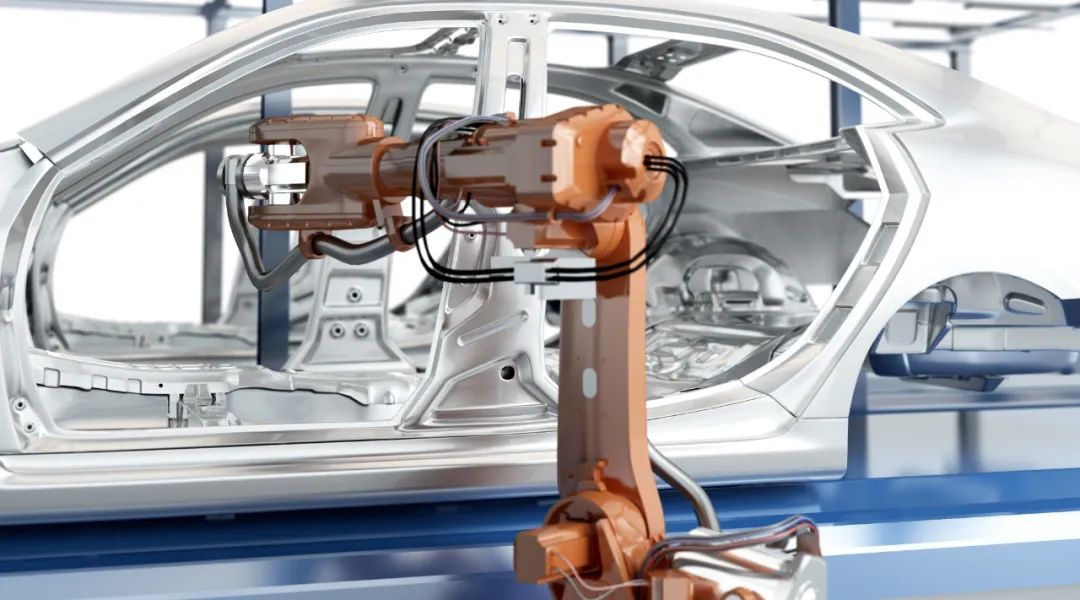Tesla Model Y Leads EV Sales in Malaysia Amid Price Wars Between Korean and Japanese Brands in Vietnam
![]() 06/16 2025
06/16 2025
![]() 652
652


▍Thailand: C-SUV Market Sees 32% Electrification Rate, Chinese Brands Achieve Breakthroughs
Local media reports indicate that in April 2025, the C-SUV segment in Thailand sold a total of 5,497 vehicles, with 1,757 being pure electric, accounting for 32.0% of the market. BYD Sealion6 (domestic equivalent: Song PLUS DM-i) led the sales with 2,640 units, capturing 48% market share. Its sibling model, Sealion7 (domestic equivalent: Haishi 07 EV), closely followed with 831 units (15.1%), securing second place in the segment. Together, these models dominate over 60% of the C-SUV market.
In the premium D-segment sedan market, 1,170 units were sold in April, with 286 pure electric vehicles accounting for 24.4% of the market. Great Wall Ora 07 (domestic equivalent: Ora Lightning Cat) took second place with 144 units (12.3%), while BYD Seal (domestic equivalent: Seal) ranked third with 118 units (10.1%). Together, they account for a 22.4% market share, trailing the champion Toyota Camry (66.2%) by a significant margin. Additionally, in the C-segment sedan market, GAC Aion ES sold 59 units, accounting for 5.5% of the market and ranking third, leading sales of pure electric models in this segment.
▍Malaysia: Tesla Model Y Tops EV Sales, BYD Enters Top 10 Brands by Total Sales
According to the latest data from Malaysia's Land Public Transport Commission (JPJ), the EV market underwent a transformation in May 2025, with Tesla Model Y emerging as the sales leader with 985 units registered in a single month, surpassing the local model Proton eMAS 7 (862 units). BYD Atto 3 (domestic equivalent: Yuan PLUS) maintained its third position with 505 units, while BYD Sealion 7 (406 units), M6 (136 units), and Seal (94 units) all made it into the top 10.

In the overall brand sales rankings, Perodua topped the list with 31,398 units, followed by Proton (12,751 units) and Toyota (11,183 units). Tesla, with 1,075 pure electric deliveries, surged to eighth place in the overall brand rankings for the first time, surpassing Mercedes-Benz and Chery. BYD ranked sixth with a total sales volume of 1,148 units, becoming the only Chinese automaker to break into the top 10 brands.
▍Indonesia: GAC Aion's Local Factory Commences Production, EV Market Penetration Reaches 9.3%
PT Indomobil Sukses Internasional Tbk (IMAS), a comprehensive automotive industry group in Indonesia, has partnered with GAC Aion to invest 1 trillion Indonesian rupiahs (approximately RMB 440 million) in constructing a pure electric vehicle production factory in West Java. The 11-hectare factory recently commenced production, with the pure electric SUV Aion V being the first model to roll off the line. The initial annual production capacity is set at 20,000 units, planned to increase to 50,000 units, covering a wide range of new energy vehicle types including pure electric, hybrid, plug-in hybrid, and extended-range hybrid. The production process has achieved localized manufacturing of components such as doors, electrical systems, and window glass, meeting Indonesia's 40% local content requirement (TKDN).
IMAS' president emphasized that the introduction of GAC Aion's technology aims to drive leapfrog development in Indonesia's EV industry. With the mass production of the Aion V, subsequent models like the Hyptec HT and a confidential model will also enter production, further strengthening Chinese brands' influence in the Southeast Asian industrial chain.

According to data from the Indonesian Automotive Industry Association (Gaikindo), as of April 2025, EV sales in Indonesia reached 23,952 units, accounting for 9.3% of total sales. Sales of hybrid vehicles during the same period amounted to 18,462 units, representing a market share of approximately 7.2%.
▍Vietnam: Korean and Japanese Brands Ignite Price War, Policy-Driven Sales Growth Needed
Affected by a decline in sales in April, Vietnam's automotive market has witnessed a wave of aggressive price cuts starting in May. Mainstream brands such as Toyota, Honda, and Hyundai have initiated price reductions. For instance, Toyota has reduced registration fees for models like the Vios and Avanza by 50%, saving customers between VND 23 million and VND 46 million (approximately RMB 6,371–13,800), with the added benefit of free maintenance for three years. Dealers are also enhancing competitiveness by offering low-interest installment loans, trade-in support, and free after-sales services.
Price cuts are concentrated in high-riding multi-purpose vehicles, especially 5-seat/7-seat SUVs. Industry analysts point out that this round of price wars is a strategic move by automakers to address sluggish sales and revitalize the Vietnamese automotive market. It is expected that these measures will lay the foundation for new growth momentum in the third quarter and at the end of the year. Simultaneously, if the government reintroduces preferential registration fee policies similar to previous years, car purchasing power is anticipated to rebound strongly in the remaining months of 2025.
Typesetting: Zheng Li
Source: Autolifethailand.tv, Paultan.org, Gaikindo.or.id, Vietnamnews.vn
Image Source: Shutterstock







